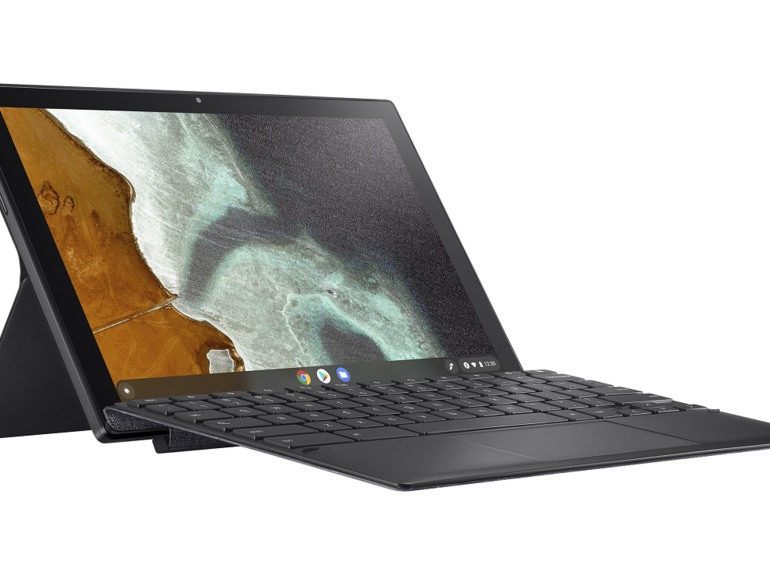

- REGISTRATION OF GOOGLE CHROME LAPTOP UPDATE
- REGISTRATION OF GOOGLE CHROME LAPTOP SOFTWARE
- REGISTRATION OF GOOGLE CHROME LAPTOP OFFLINE
- REGISTRATION OF GOOGLE CHROME LAPTOP WINDOWS

One version is the known secure version that the system used when it was last active and healthy. Verified bootĬhromebooks load two versions of the OS simultaneously. While it is not perfect, it is an excellent security tool to prevent breaches from escalating. If an app or webpage misbehaves, simply closing it will stop the issue, and no other desktop elements will be affected. This is similar to the way Microsoft isolates applications in user mode. App sandboxingĬhrome OS features application sandboxing, as it runs each application - including individual webpages - in an isolated sandbox within the OS, thus isolating it from all other processes.

REGISTRATION OF GOOGLE CHROME LAPTOP UPDATE
Chromebook eliminates this issue because there is no update process to manage.
REGISTRATION OF GOOGLE CHROME LAPTOP WINDOWS
IT administrators - especially Windows admins - know that user-downloaded updates are easy targets for malware and viruses that exploit vulnerabilities that remain after the update process. The Chromebook downloads the OS and the applications to the device on each startup, ensuring users access updated software. Google frequently applies updates to Chrome OS as well.
REGISTRATION OF GOOGLE CHROME LAPTOP SOFTWARE
Desktop administrators should familiarize themselves with each of these features because they offer value from an enterprise security perspective.Ĭhromebook has a multilayer security model that includes automatic updates, application sandboxing, verified boot, data encryption and recovery mode.Īll software on Chromebook comes from the Chrome Web Store, which verifies and delivers the latest and most secure versions of any software. Top Chromebook security features for the enterpriseĬhromebook laptops have a multilayer security model that includes automatic updates, application sandboxing, verified boot, data encryption and recovery mode. With the architecture, simplicity and limits of the Chromebook in mind, organizations can evaluate how secure Chromebooks are for enterprise use and if their strengths outweigh their shortcomings.
REGISTRATION OF GOOGLE CHROME LAPTOP OFFLINE
Some limited offline applications are available and user data can be saved locally, but this is not the optimal use of a Chromebook. However, the unfortunate downside of this approach is that if the user loses internet access, the user can't access web applications or any other work-related data from the browser. Just like running Linux from a bootable CD, it is practically risk-free. Users can only run the Chrome browser, and there are no third-party local applications, which virtually eliminates the need for administrators to manage software and OS upgrades. Google frequently updates the Chromebook OS, based on the Linux kernel, and the apps, which Google controls and validates in the Chrome Web Store. Chromebooks also benefit from the fact that hackers don't target them as much due to their small market footprint - similar to macOS devices. Generally, Chromebook laptops are much less vulnerable to typical security threats due to the simple operating system design. To answer these questions, let's first examine how Chromebooks work.


 0 kommentar(er)
0 kommentar(er)
